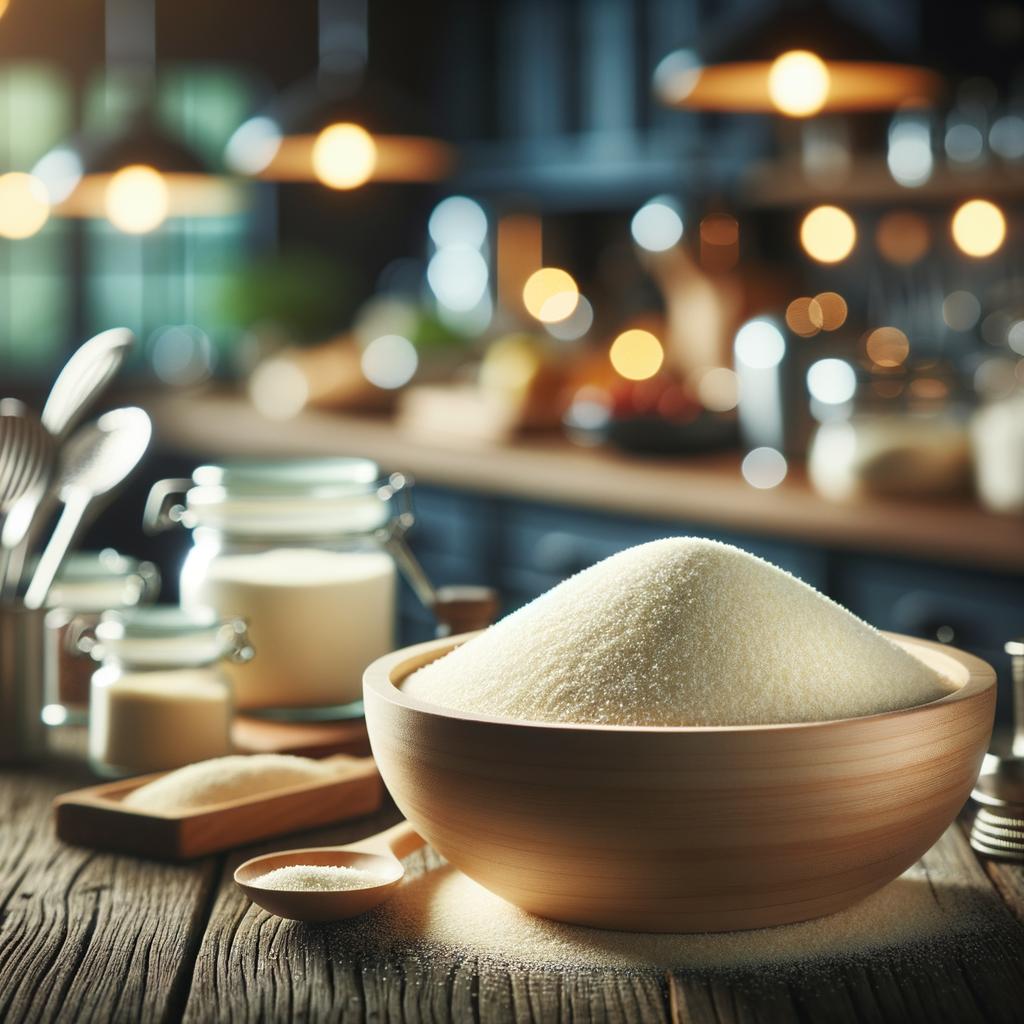White Cornmeal

Description White cornmeal, a staple in many kitchens around the world, is a type of flour made from dried kernels of white corn. It presents a pale, creamy hue, a coarse texture, and a flavor that is sweet yet earthy. White cornmeal is distinguishable from its yellow counterpart not only by its color but also by its slightly sweeter flavor. The granules are gritty, similar to sand, but when cooked, they yield a comforting, hearty texture that is truly unique.
Primary Uses White cornmeal is a versatile ingredient used in a variety of dishes across different cuisines. It is the key component in Southern-style cornbread, a comforting staple in American homes. It also forms the base for polenta, an Italian dish known for its creamy texture and rich flavor. In Latin American cuisine, it is used to make arepas, a type of flatbread. White cornmeal also serves as a crunchy coating for fried foods, providing a delightful contrast in textures. Apart from its culinary uses, it also holds cultural significance in many Native American tribes, where it is used in ceremonies and rituals.
History The history of white cornmeal stretches back thousands of years, tracing its roots to the ancient civilizations of the Americas. Native American tribes were the first to cultivate corn and grind it into meal, a process that was labor-intensive but deeply ingrained in their culture. Cornmeal, including the white variety, was a vital food source for these tribes and played a significant role in their survival. Over time, as corn spread to other parts of the world, so did the use of cornmeal. It is interesting to note that cornmeal was once considered a poor man's food in Italy, but today, polenta made from it is a gourmet dish enjoyed by many. The story of white cornmeal is one of transformation and resilience, much like the people who first introduced it to the world.
Nutritional Information White cornmeal is a nutritious ingredient, offering a good source of fiber and complex carbohydrates. It contains essential minerals like iron, magnesium, and zinc. It is also rich in B vitamins, especially thiamin and folate. In comparison to other grains, cornmeal has a lower fat content and is gluten-free, making it a suitable choice for those with gluten intolerance. However, as with all foods, it should be consumed in moderation as part of a balanced diet. Despite its humble origins, white cornmeal is a nutritional powerhouse that has stood the test of time.

